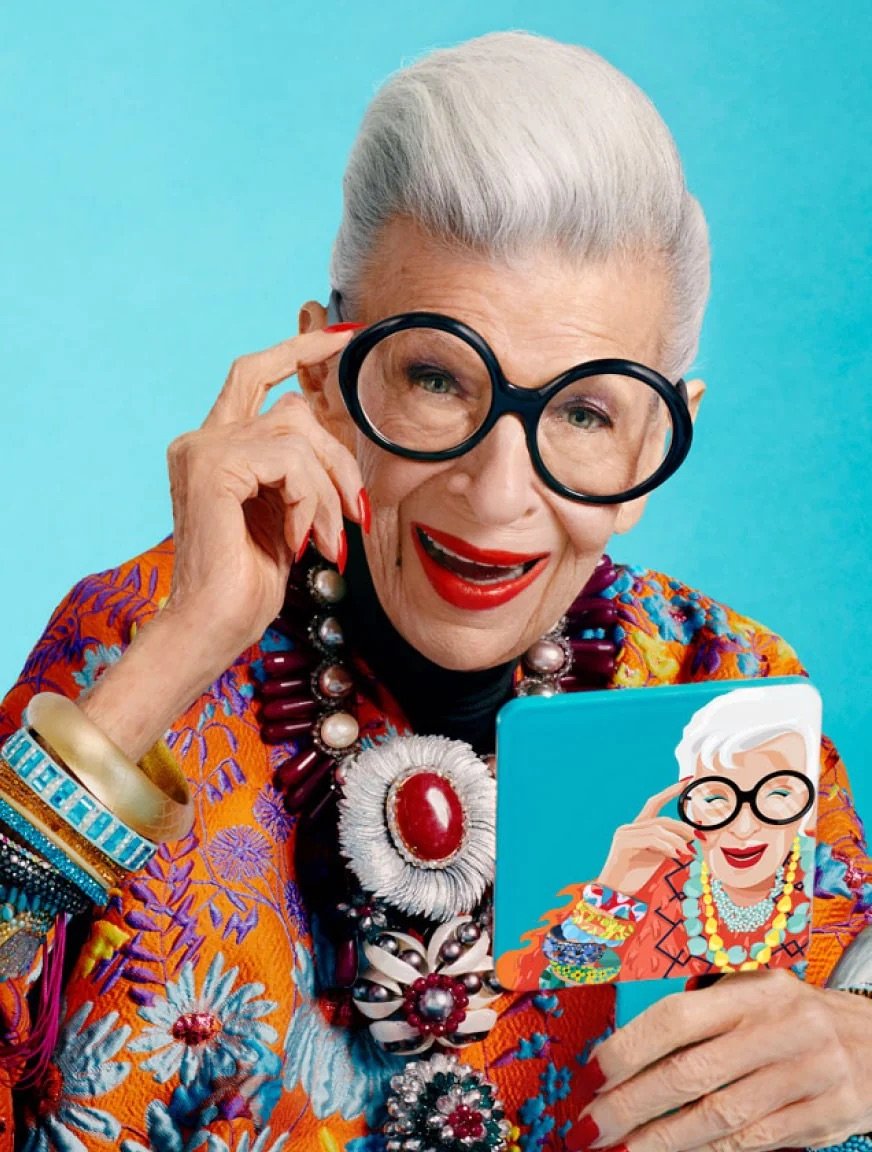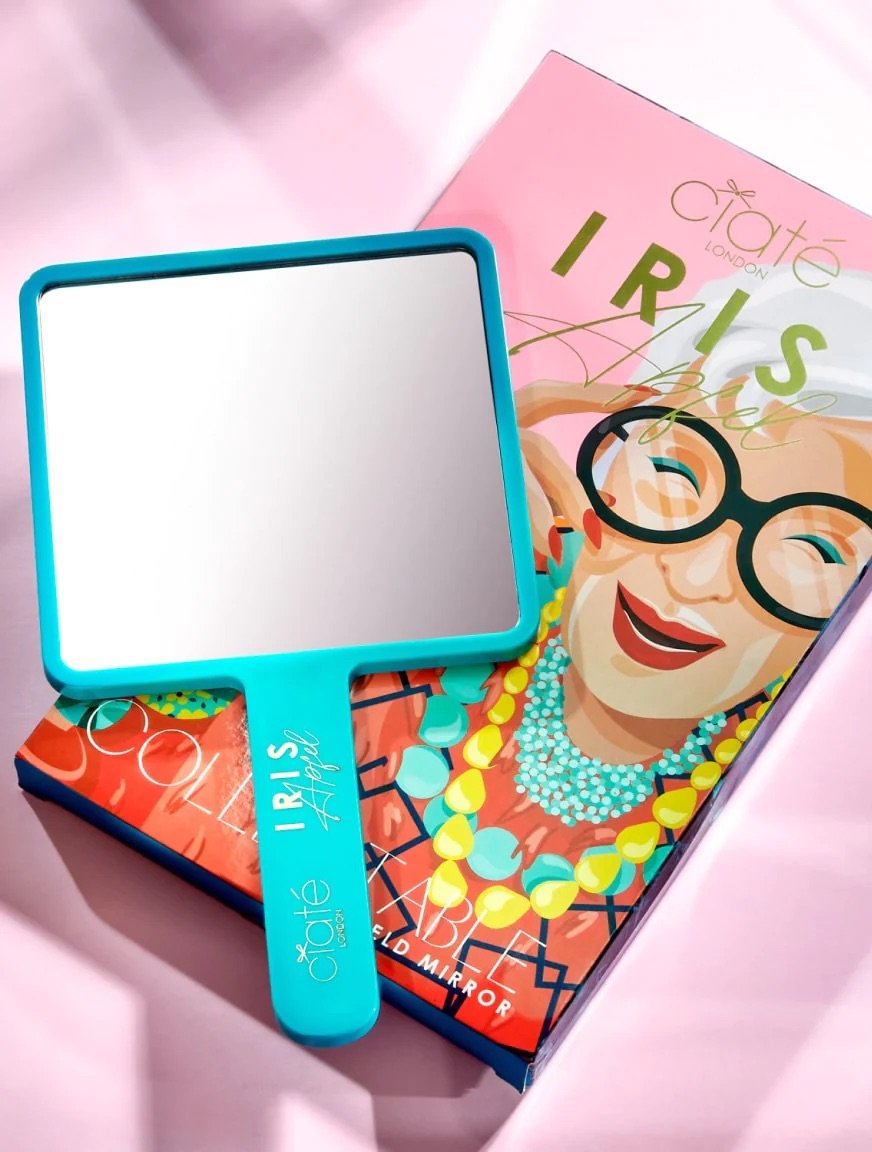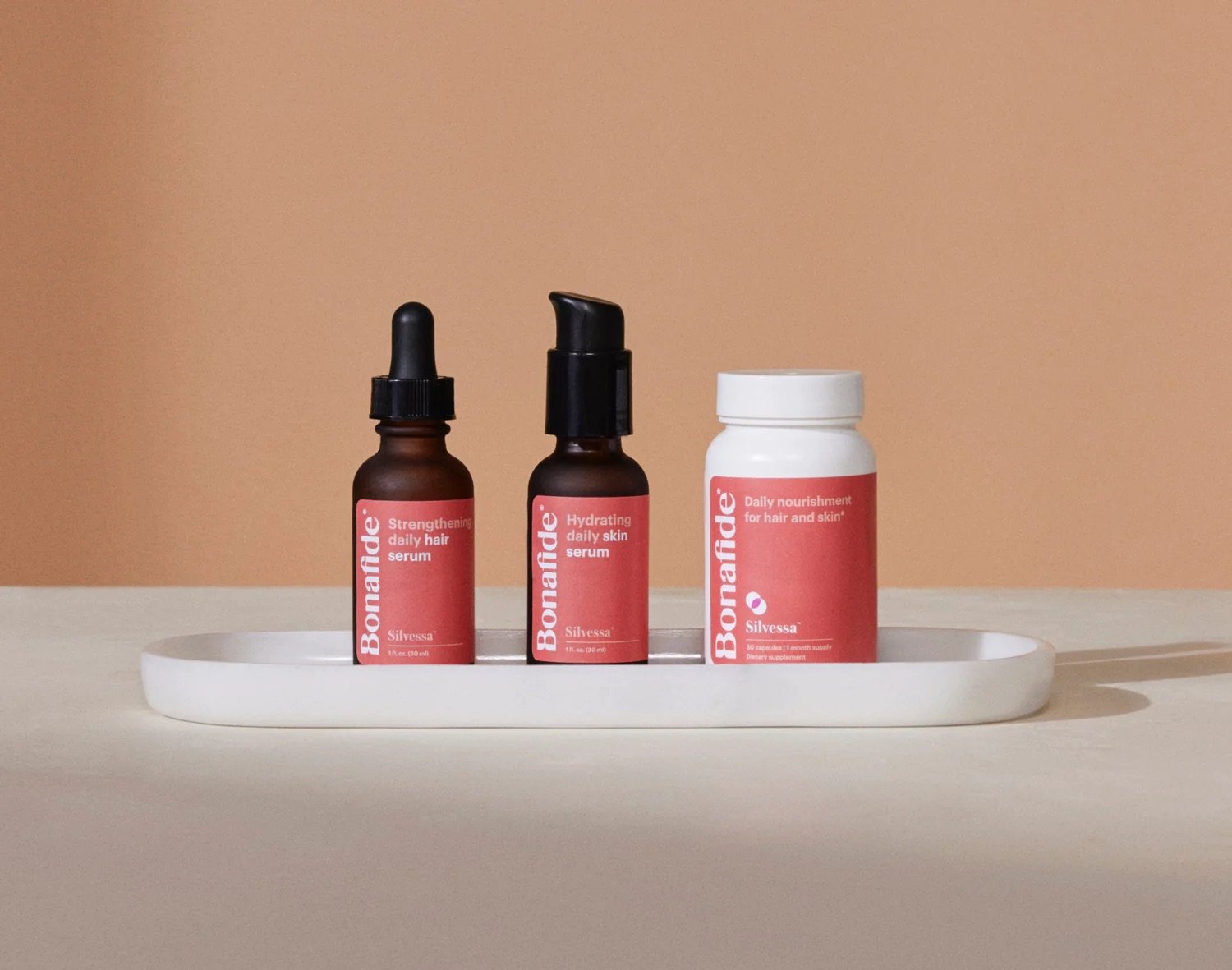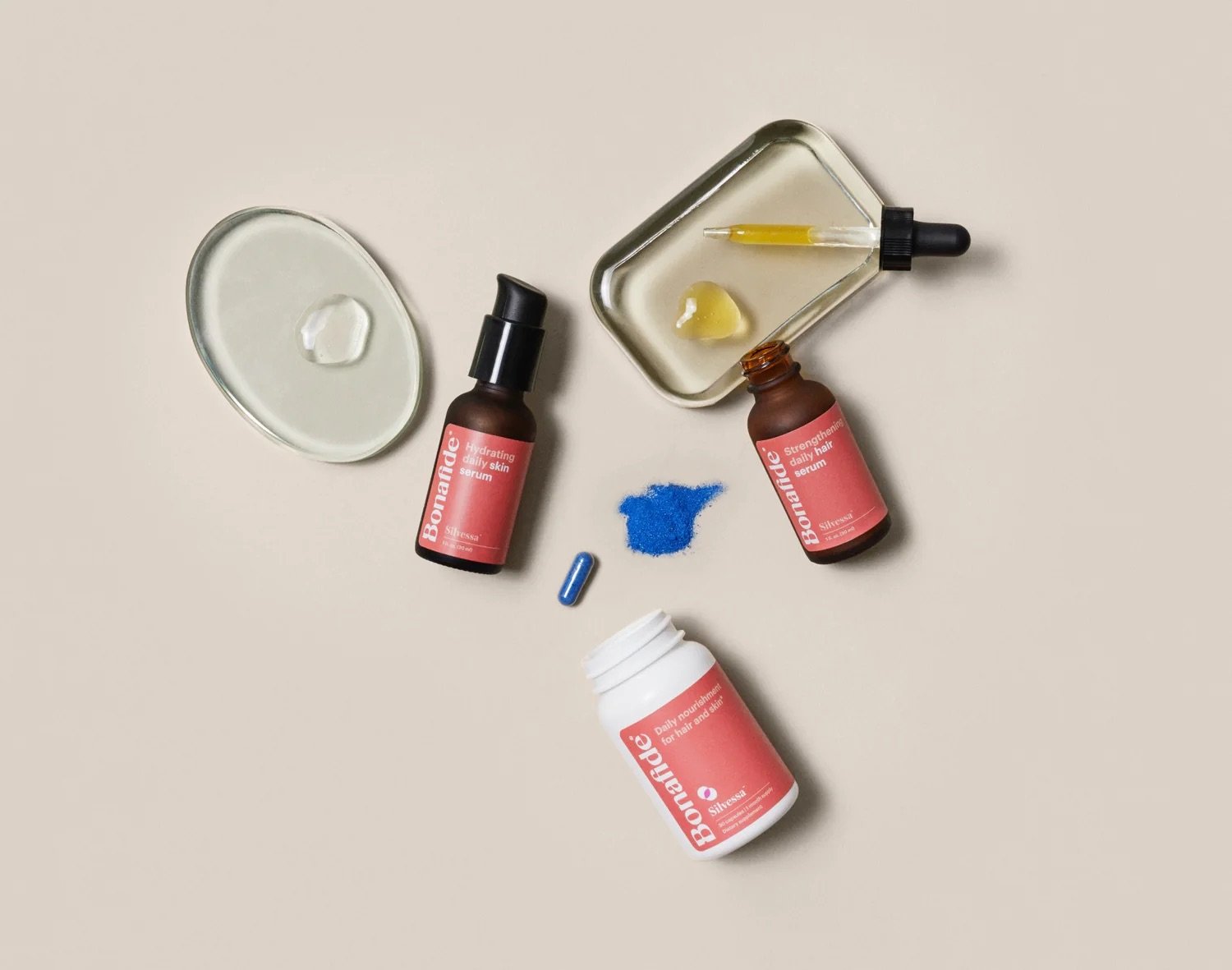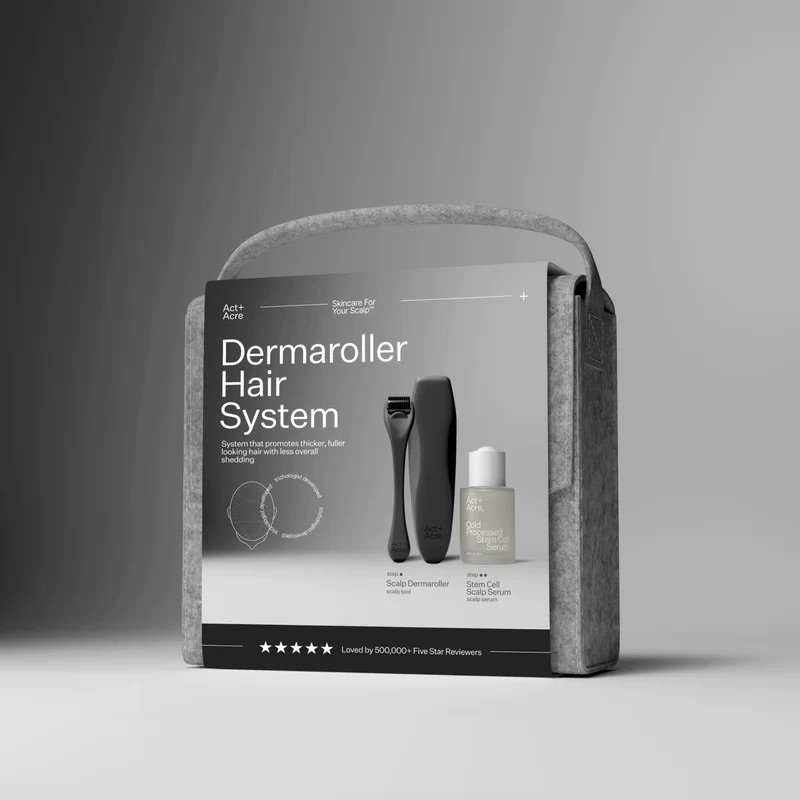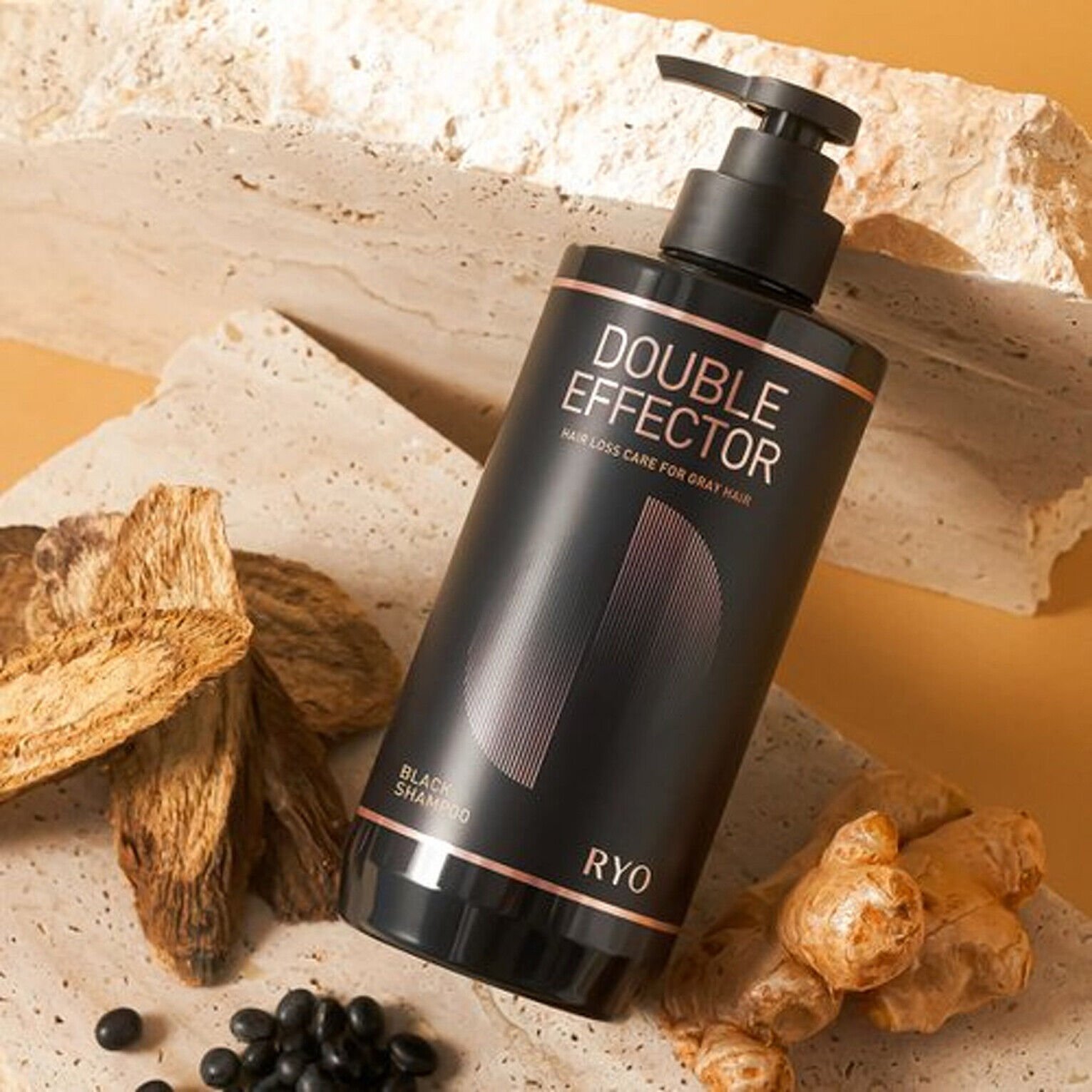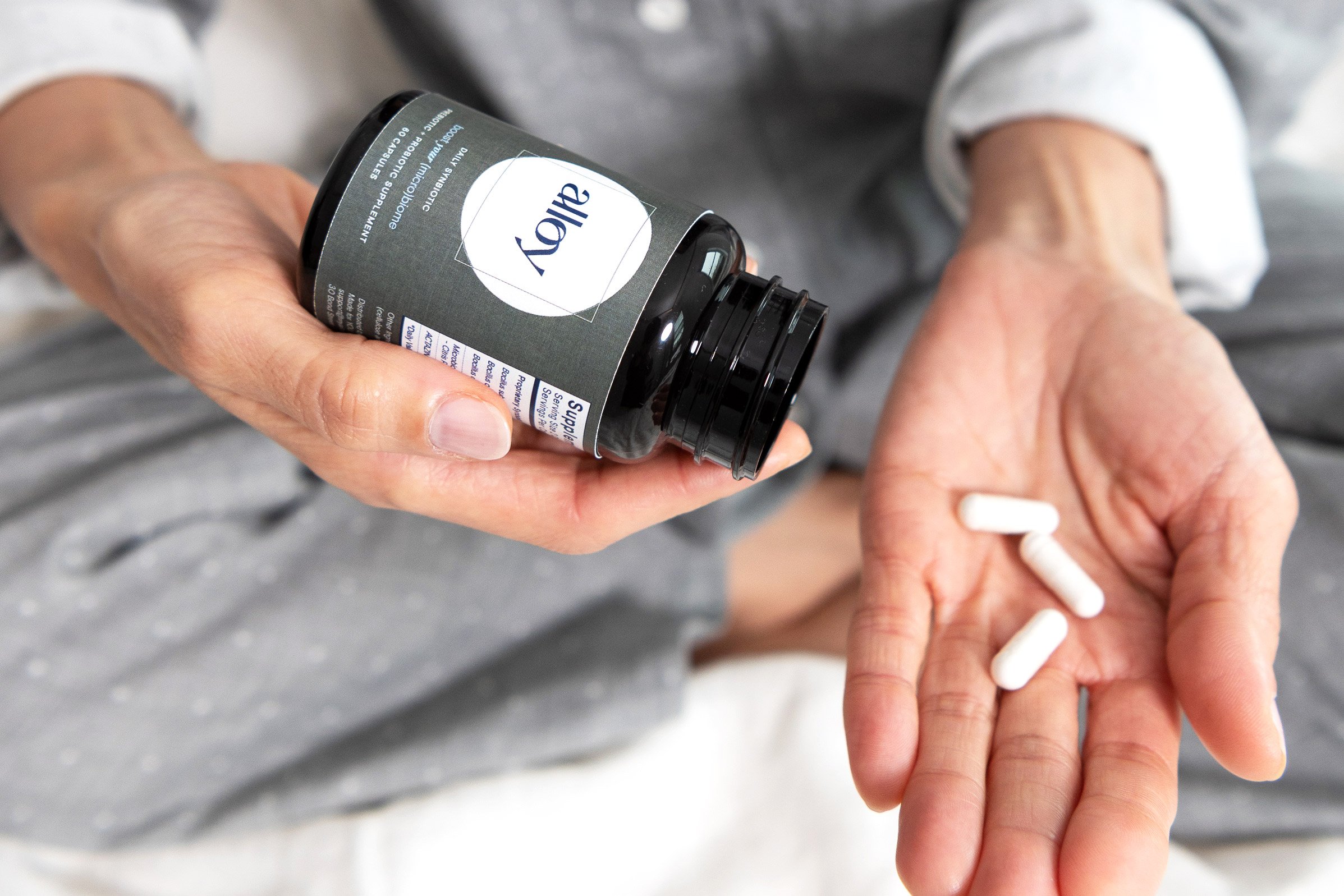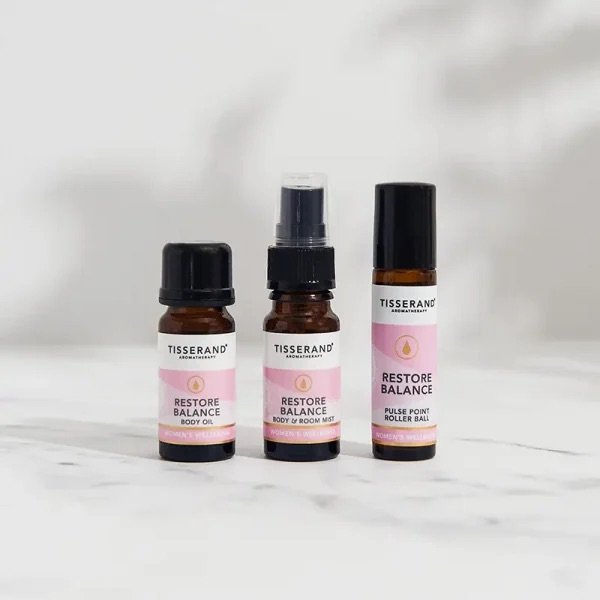Rethinking Menopause, Mid-Life & Mature Beauty
Trends
Rethinking Menopause, Mid-Life & Mature Beauty
With ageing populations leading to an increase in the number of menopausal women (one billion globally by 2025), the beauty and wellness market focused on mid-life and older consumers is growing exponentially with ‘pro-ageing’ skincare, targeted haircare formulas and innovation across supplements and sexual health.
1. The Changing Conversation About Ageing for Women
2. Rethinking Skincare
3. Targeted Haircare Solutions
4. Wellness, Femtech & Sexual Health Opportunities
The Changing Conversation About Ageing for Women
The way we see mid-life (age 40-60) is changing with increasing lifespans. Women reaching perimenopause (40+) now are the older millennials who, alongside the generation that preceded them (Gen X), have very different attitudes and demands to boomers. They also have huge spending power, with the menopause market predicted to hit $22.7bn by 2028 (Grand View Research, 2021).
Shifting Attitudes: Discussions about hormone health and periods by younger generations have cleared a pathway for older women.
The term “anti-ageing” has become almost redundant in Western markets, as brands have begun talking about ageing in a more positive way, using terms such as “pro-ageing” or “healthy ageing”.
Diverse Campaigns: As we see increased diversity across the industry – in particular, with brands becoming more inclusive in terms of race and gender – there’s also a shift to include a wider range of ages in marketing campaigns.
Later-Life Influencing & The Power of TikTok: While the dominant age group on TikTok is under 30 (Gen Z), a breed of older content creators is also making waves on the app. These influencers are changing the narrative about ageing and driving sales of products aimed at this market.
British cosmetics brand Ciaté collaborated with 101-year-old American fashion and beauty influencer Iris Apfel on a make-up collection for all ages, with colourful packaging and playful accessories, such as patterned nail sticker sheets.
Ciaté x Iris Apfel
Ciaté x Iris Apfel
Rethinking Skincare
Decreasing oestrogen levels during the meno-pause create several different skin concerns. This is driving innovation in specific products in this category. More generally, there’s a boom in mature skin ranges, directed at consumers who are 50 and over, in line with ageing populations.
Addressing the Menopause Gap: There is a new breed of beauty brands focusing specifically on creating formulas with menopausal skincare concerns in mind while changing the conversation about the menopause and its impacts.
UK-based Lixirskin’s Night Switch Phytoestrogen & Peptide is designed to help improve density and elasticity of thinning peri and post-menopausal skin. “The truth be told, I have been experimenting with what could work best to improve the effect of menopause on my skin for a long while,” said founder Dr Colette Haydon. “Firstly, trials with single actives, then - being a formulator at heart - I experimented with blends in search of synergy. There is no miracle for menopausal skin but I stumbled on a little recipe that truly helps.”
Lixirskin
Lixirskin
Targeting Mature Consumers: Brands focused on women of menopausal age and older are growing as this previous gap in the market gets filled. In Asia, where there’s a large ageing population (in Japan, one in four people are aged 65 or over), brands are looking at ways to tap into this expanding area.
IKnow is an American line of skincare products formulated specifically for Black women aged 50 and above. It encourages customers to embrace their #RealAge. The results-driven products are created with ingredients to plump the skin, improve elasticity and reduce the appearance of hyperpigmentation.
IKnow
IKnow
Ingredient Innovation: Active anti-ageing ingredients from natural sources are growing in popularity, as the interest in clean beauty shows no signs of slowing down, and more consumers suffer from sensitive skin due to pollution and stress caused by the polycrisis (71% of adults globally self-report sensitive skin, Aveeno, 2022).
Gravityl, a new ingredient from Swiss formulator Givaudan Active Beauty, aims to fight the effects of gravity on ageing skin with a 100% natural ingredient. Crafted by marine biotechnology from a red macroalgae, it offers a powerful lifting benefit against visible signs of ageing by reducing skin sagging on face contours and double-chin volume.
Gravityl
Targeted Haircare Solutions
New innovations in the haircare market – in particular, scalp care solutions and supplements – are focusing on the 80% of women suffering from some form of hair loss during the menopause (The American Academy of Dermatology, 2023). Simultaneously, new formulations for tackling grey hair are improving haircare options for the mature market.
Hair Loss Focus: Stress- and illness-induced hair loss during the Covid pandemic (62.5% of Covid patients experienced hair thinning (Journal of Medicine and Life, 2022) thrust thinning hair as an issue into the spotlight with a flurry of new innovation.
With an interest in inside-out solutions, brands are increasingly presenting topical and ingestible products. For example, American women’s health brand Bonafide has launched Silvessa, a three-step system designed to improve the health and appearance of hair and skin impacted by the menopause. The daily routine includes a capsule and hair and skin serums that are formulated to restore collagen and nutrients affected by declining oestrogen levels.
Silvessa
Silvessa
As the ‘skinification’ of the scalp continues, we are seeing more skincare-inspired solutions. Act+Acre, a skincare-first hair brand from the US, has introduced the Scalp Dermaroller. Using 540 high-strength medical-grade stainless steel needles, the roller creates microchannels on the scalp to encourage blood flow to the hair follicle and release growth factors to stimulate growth while increasing topical product absorption.
Act+Acre
Act+Acre
Delay the Grey: The options for treating grey hair are expanding. Much like with thinning, two-part systems are increasing in popularity, with a new breed of aspirational brands repackaging what was once a medical-dominated category into something more stylish.
Mass-market brands are also using innovation to create systems for greying hair. South Korean Amorepacific has launched Ryo Double Effector Black Shampoo, a formula designed to gradually turn grey and white hair darker over multiple washes, eventually making it black.
Ryo Double Effector
Ryo Double Effector
Wellness, Femtech & Sexual Health Opportunities
With menopausal women often feeling unserved by public health options, opportunities are abound in telemedicine, supplements and wellbeing spaces. As taboos around sexual health diminish, products to improve female pleasure during the menopause are on the rise.
The booming supplements market (the global dietary supplements market was valued at $151.9bn in 2021, Grand View Research, 2022) is also rapidly increasing options for menopausal women. As opposed to hormone replacement drugs often seen in the medical market, these products focus on natural ingredients shown to ease symptoms.
Health & Wellness Solutions: With the recent pandemic driving trust in video-led consultations and digital doctors, there’s been a rise in online menopause platforms prescribing treatments much like we have seen in the dermatology space.
For example, Alloy, a US telemedicine start-up founded in 2021, is positioned as an accessible and affordable way for women to receive treatment for menopause symptoms. This platform works by patients completing an online questionnaire, which is then reviewed by a doctor who writes the appropriate prescription.
Alloy
Alternative Therapies: This increased interest in the menopause is being reflected across the wellness space, with launches and offerings tailored to ease symptoms and support women at this stage of their lives. British essential oil company Tisserand Aromatherapy recently debuted the Restore Balance Discovery Kit, a set of essential oil blends that support changes in mood associated with the menopause, perimenopause and menstruation. Blended with rose, geranium and clary sage, the kit contains the Body Oil, Body & Room Mist, and Pulse Point Roller Ball.
Tisserand Aromatherapy
Tisserand Aromatherapy
Sexual Health Solutions: With vaginal dryness a common symptom of the menopause, a number of brands are aiming to challenge taboos around this topic and create products that provide a solution. US-based Vella, a women’s sexual wellness brand, recently launched Vella Women’s Intimate Elixir, a hyaluronic acid formula designed for women experiencing vaginal dryness during the menopause.
Tabu, a US sexual wellness company for menopausal women experiencing symptoms like vaginal dryness and painful intercourse has been produced in partnership with clinicians. Its Golden Hour Kit includes a lightweight discreet massager and an organic healing lubricant.
Vella
Tabu
Future Insights
Communicate Clearly
Consider the language you use carefully when broaching the topic of ageing, menopause and related beauty and wellness concerns. With the shift away from anti-ageing terminology, think how you can use more positive wording when naming products and writing marketing copy.
Create Community
While more conversations are taking place about the menopause, there’s still a big information gap. By creating content about this topic on social media and other public-facing platforms, such as a website, email newsletter or podcast, you can position yourself as a thought leader and educator in this space.
Find Your USP
With the so-called menopause gold rush, it can be difficult to stand out in an increasingly crowded marketplace. Consider how your brand or product can offer something different – whether that’s an ingredient, product application or serving a niche concern.
Maximise Technology
As older consumers’ attitudes and lifestyles change, new technology shouldn’t be ignored when developing and marketing products to this cohort. Embrace platforms like TikTok and YouTube, and consider how software, such as video consultations, can improve consumer experiences.

